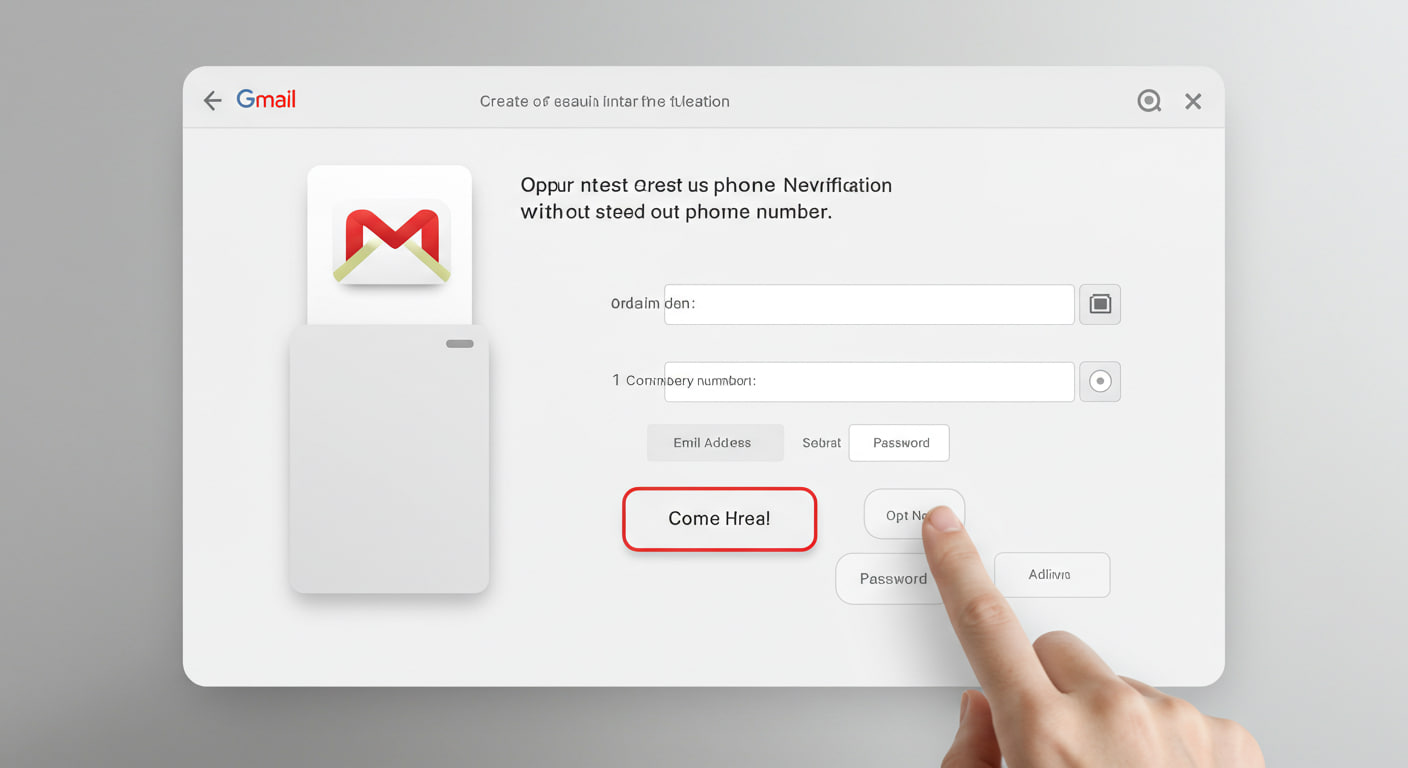The Ethical Affiliate Marketing Starter Guide: Partnering with Brands That Do Good
Affiliate marketing has an image problem. For many, the term conjures up visions of spammy links, disingenuous reviews, and a relentless push to sell products, regardless of their quality or impact. It’s a model often associated with a transactional, “get-rich-quick” mentality that can leave both creators and their audiences feeling a little grubby.
But what if it didn’t have to be that way?
What if affiliate marketing could be a powerful force for good? A tool for conscious creators to generate income while championing brands that are genuinely making the world a better place? This is the promise of ethical affiliate marketing. It’s more than a niche strategy; it’s a fundamental shift in mindset from selling to serving. It’s about building a business on a foundation of trust, authenticity, and shared values, creating a three-way win for the brand, your audience, and yourself.
This guide will walk you through the why and how of building an affiliate strategy that you can be proud of—one that not only grows your revenue but also builds unshakeable trust with your community.
What is Ethical Affiliate Marketing (And What It Isn’t)?
At its core, ethical affiliate marketing is the practice of promoting products or services that you genuinely believe in, from companies whose values and practices align with your own. It moves beyond the simple transaction of a click and a commission to become an authentic endorsement.
Ethical affiliate marketing IS:
- Value-Aligned: Promoting brands that reflect your core principles, whether that’s environmental sustainability, fair labor practices, social justice, or community empowerment.
- Audience-First: Recommending products that genuinely solve a problem or fulfill a need for your audience, rather than just pushing what has the highest payout.
- Radically Transparent: Being upfront and honest about your affiliate relationships, why you’re recommending a product, and how you benefit.
- Built on Experience: Sharing your authentic experience with a product or service. You’ve used it, you understand its strengths and weaknesses, and you can speak about it with authority.
Ethical affiliate marketing IS NOT:
- Promoting products you’ve never used or don’t believe in.
- Hiding affiliate links or using deceptive language to trick users into clicking.
- Partnering with companies that have questionable environmental or labor records.
- Prioritizing commission rates over the quality and integrity of the product.
The Business Case: Why Ethics is Your Greatest Asset
Adopting an ethical framework isn’t just an act of altruism; it’s one of the smartest business decisions you can make in today’s creator economy. Here’s why:
- It Builds Unshakeable Trust: In an era of rampant misinformation and consumer skepticism, trust is your most valuable currency. When your audience knows that you only recommend products that meet your high ethical standards, your endorsements carry immense weight. This trust translates directly into higher conversion rates and long-term loyalty.
- It Attracts a High-Value Audience: Consumers are increasingly voting with their wallets. They are actively seeking out sustainable, ethical, and purpose-driven brands. By positioning yourself as a trusted curator in this space, you attract an audience that is engaged, loyal, and willing to invest in products that align with their values.
- It Future-Proofs Your Business: Search engines and social media platforms are constantly refining their algorithms to penalize low-quality, spammy content. A business built on authentic, helpful, and transparent content is far more resilient to these changes. You’re building a brand, not just gaming a system.
- It Boosts Your Own Brand Integrity: Every brand you partner with is a reflection of your own. When you align with companies that do good, their positive reputation enhances yours. You are no longer just a “blogger” or “influencer”; you are a thought leader and a trusted resource in your niche.
How to Find and Vet Ethical Brands: A Practical Framework
This is where the real work begins. Finding and vetting ethical partners requires more than a quick Google search. It requires diligence and a clear set of criteria.
Step 1: Create Your “Ethical Compass”
Before you can find the right partners, you must define what “ethical” means to you and your brand. You can’t champion everything, so choose the values that are most important to you. Your compass might include:
- Environmental Impact: Sustainable sourcing, recycled/plastic-free packaging, carbon neutrality, etc.
- Labor Practices: Fair wages, safe working conditions, no child labor, supply chain transparency.
- Sourcing & Ingredients: Cruelty-free (no animal testing), vegan, organic, non-toxic.
- Company Mission: B Corp certification, 1% for the Planet membership, a clear social mission, charitable giving.
- Inclusivity & Diversity: Representation in their marketing and leadership.
Once you have your core values defined, you have a lens through which to evaluate every potential partner.
Step 2: The Deep-Dive Vetting Process
Don’t just take a company’s “About Us” page at face value. True ethical brands are transparent and proud of their practices.
- Look for Certifications: Third-party certifications are a powerful indicator of a brand’s commitment. Look for recognized logos like B Corporation, Fair Trade Certified, Leaping Bunny Program (cruelty-free), 1% for the Planet, or Climate Neutral Certified.
- Read Their Impact Reports: Serious companies often publish annual sustainability or impact reports. These documents provide concrete data on their supply chain, emissions, labor practices, and community initiatives.
- Investigate Their Supply Chain: Where do their materials come from? Who makes their products? A lack of transparency here is a major red flag.
- Check the News and Third-Party Reviews: What are others saying about them? Look beyond sponsored posts. Have they been involved in any scandals related to greenwashing or poor labor practices?
- Test the Product (and the Company): The ultimate test. Use the product extensively. Interact with their customer service. Does the quality and experience live up to their marketing claims?
Step 3: Where to Find Ethical Affiliate Programs
- Specialized Networks: While less common, some affiliate networks are emerging that focus specifically on sustainable and ethical brands.
- Standard Networks (With a Filter): You can still use major platforms like ShareASale, CJ Affiliate, or Rakuten. Use your Ethical Compass keywords (“B Corp,” “sustainable,” “organic,” “vegan”) in their merchant search tools.
- Direct Outreach: This is often the most effective method. Many of the best purpose-driven brands run their own in-house affiliate programs. A thoughtful, personalized email explaining why you love their brand and how your values align can open doors to a much stronger partnership than a mass application through a network.
The Art of Ethical Promotion: From Selling to Sharing
Once you have your trusted partners, the way you promote them is paramount.
- Tell a Story, Don’t Just Post a Link: Why do you love this product? What problem did it solve for you? Weave it into your content naturally. An authentic story is infinitely more persuasive than a banner ad.
- Create In-Depth, Honest Reviews: The best reviews cover the good and the bad. Acknowledging a minor flaw or who a product isn’t for makes your praise for its strengths far more believable.
- Show, Don’t Just Tell: Create tutorials, case studies, or videos that show the product in action. Demonstrate its value in a real-world context.
- Embrace Full Transparency: Don’t bury your disclosure in the footer. State it clearly and confidently at the beginning of your content. Frame it as a positive: “This post contains affiliate links. This means if you buy something, I may earn a commission at no extra cost to you. I only recommend products I’ve personally used and believe will bring you value.”
Ethical affiliate marketing is a marathon, not a sprint. It requires more effort upfront, but the rewards—a loyal community, a resilient business, and a clear conscience—are well worth the investment. By choosing to partner with brands that do good, you are not just earning an income; you are casting a vote for the kind of world you want to live in, and inviting your audience to join you.



